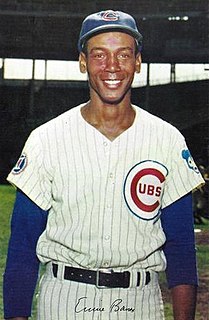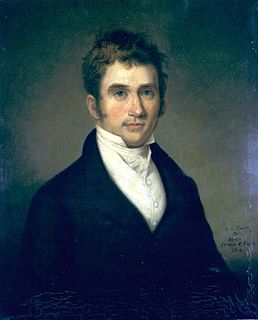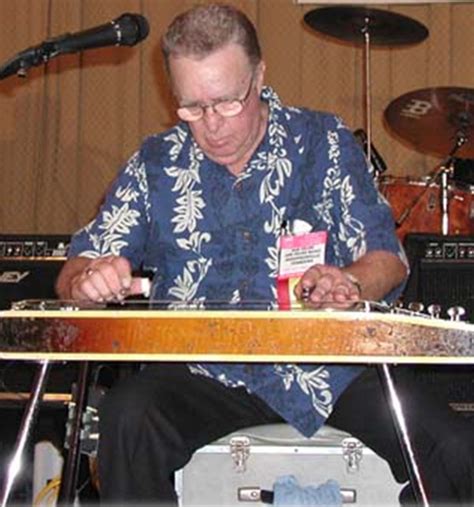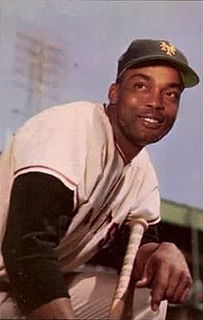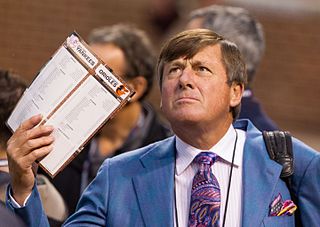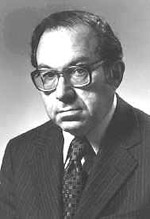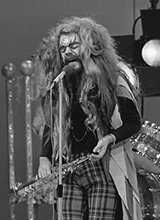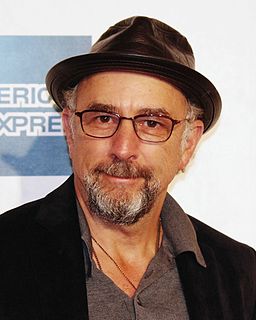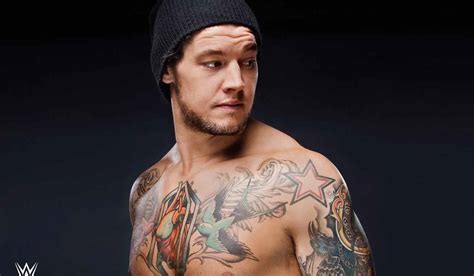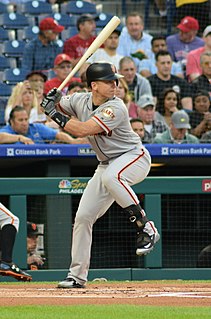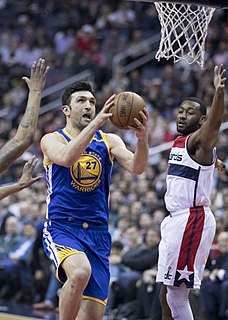Цитата Эрни Бэнкса
Все считали, что нужно иметь большой кусок дерева, а затем силой перебросить мяч через забор. Но к тому времени, как мы с Хэнком Аароном — еще одним парнем, который делал это с помощью запястий, — закончили, уже было много парней, которые заказывали легкие биты и играли в гандбол.
Связанные цитаты
Пит Таунсенд оказал на меня огромное влияние. Потому что, по сути, это была группа из трех человек, и то, как он структурировал свои аккорды и занимал много музыкального места в песнях, было очень важно для развития Раша. Гедди и Нил оба были такими активными игроками, и много времени мы все играли как сумасшедшие, и это было слишком много, и кто-то должен был намотать это, а я, будучи безликим парнем, так и делал.
У нас было несколько неплохих летучих мышей у Карпентера. Мы просто не смогли найти ни одной дыры. Так бывает иногда. Мы смогли заполучить некоторых ребят, но не смогли заполучить их раньше. Мы сделали некоторые мелочи правильно, у нас были парни, мы немного погуляли. Мы делаем это по одному тесту за раз, и каждый старается оставаться в своих пределах. Мы так и сделали, просто не добились большого успеха, чтобы привлечь их.
Я встречаюсь с этими стариками. Один парень поставил мне засос и оставил свои зубы у меня на шее. Другой человек, у нас был совершенно прекрасный ужин; он посмотрел на меня и пошел: Ты не моя жена! Еще один парень умер во время ужина. Мне пришлось залезть в его карман, чтобы достать карточку American Express. Тогда вы задаетесь вопросом: что бы он чаевые? Другой парень сказал: я хочу, чтобы ты познакомился с моей семьей, и повел меня на кладбище.
Если бы человек посмотрел через забор с одной стороны своего сада и заметил, что сосед слева от него проложил свою садовую дорожку вокруг центральной лужайки; и должен был заглянуть через забор с другой стороны своего сада и заметить, что сосед справа от него проложил свою дорожку посередине лужайки, а затем должен был проложить свою садовую дорожку по диагонали из одного угла в другой, душа этого человека будет потеряна. Оригинальность достойна похвалы только тогда, когда ей не предшествуют взгляды направо и налево.
По мере развития нацистского режима с годами изменилась вся структура принятия решений. Сначала были законы. Потом были декреты, реализующие законы. Затем был издан закон, гласивший: «Никаких законов быть не должно». Потом были приказы и директивы, которые записывались, но все же публиковались в министерских ведомостях. Тогда было правительство объявлением; заказы появились в газетах. Затем были тихие приказы, приказы, которые не были опубликованы, которые были внутри бюрократии, которые были устными. И, наконец, вообще не было заказов. Все знали, что он должен был сделать.
Я стараюсь хорошо предвидеть мяч. Это то, что помогло мне с тех пор, как я был ребенком. Просто научитесь предвидеть и хорошо читать игру. Это помогло мне. Когда я переехал в Испанию, и мне было 15 лет, я играл с большими парнями, которым было от 22 до 28 лет, а мне было 15, поэтому я не мог победить их силой. Я должен был побеждать их касаниями, разнообразием, предвкушением и всем этим. Я многому научился, когда был там.
Еще одна вещь, которую я тогда усвоил, — романы Паркера никогда не имели ничего общего с расой. Тут и там было несколько чернокожих персонажей, но первая партия книг того времени, я получил много писем от черных городских парней в возрасте 20, 30, 40 лет. Что они видели, на что реагировали? И я думаю, что наконец понял - в то время это были ребята, которые чувствовали себя очень исключенными из общества, что они были отвергнуты большим американским миром.
Я привык импровизировать, и даже на прослушивании я чувствовал себя свободно, немного переставляя слова Аарона Соркина, какими бы прекрасными они ни были. Только после того, как я получила роль, я узнала, как разозлился Аарон на меня за это. Они сказали: «Он был в ярости. Он сделал все, что было в его силах, чтобы не прыгнуть тебе в глотку!» Но я понял, что Аарон писал в метре, а ритм языка очень важен.
Все комиксы, которые я читал в детстве, были про парней в трико. Но здесь был парень в фетровой шляпе. Он боролся с преступностью, как в Marvel и DC, но делал это в реальном мире. Мне только исполнилось 12 лет, когда я встретил Духа, и это было странное совпадение. В то же время, когда я открыл для себя девушек, я разлюбил парней в колготках.
